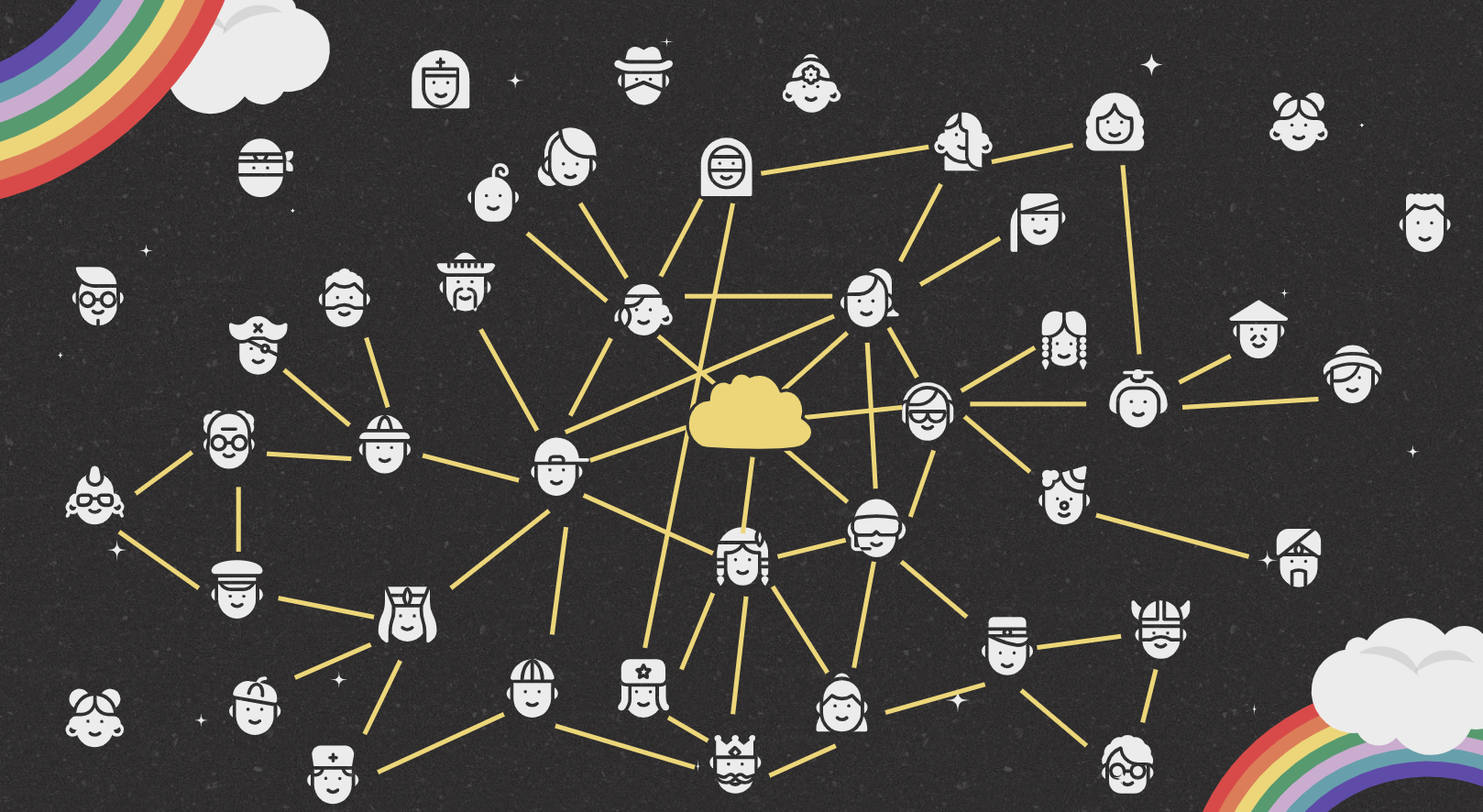👋 Hello, this is the first of a series of guides on important topics for community builders.
In the product and startup world, the term Minimum Viable Product (MVP) is well known, or should we say, it's impossible to escape from. It's common sense to not build too much without some form of validation that you are on the right track.
In community it makes sense to do the same — don't build too much without knowing you are on the right track. The biggest mistake I see, time and time again, are people not only launching into the void but also spending a huge amount of time and money on 'launching' a community that just doesn't end up working.
I often feel like the community industry still lives in a waterfall-esque world and perhaps many of us don't yet realise that:
- we can never really predict a community outcome as they are emergent
- MVC experiments give practice, validation, data and conversation points
- everything about community is a good idea until you have to do the work
- people and conversations will inspire you in new ways that you could never plan for
- the good ideas and the ones that matter come from doing the work and having the conversations
In community you want to get to something that looks like this:

The only way I've ever been able to get to this is through experimentation and short term goals (attached to a long term vision).
Having MVC as a framework helps us and others understand that iterating community makes a lot of sense and using terminology that the (business) world recognises really helps communicate what we are trying to do.
🙏🏽 Stop doing lots of planning upfront and instead embrace small scale experimentation.
What is a Minimum Viable Community
Read the full story
Sign up now to read the full story and get access to all posts for subscribers only.
Membership


